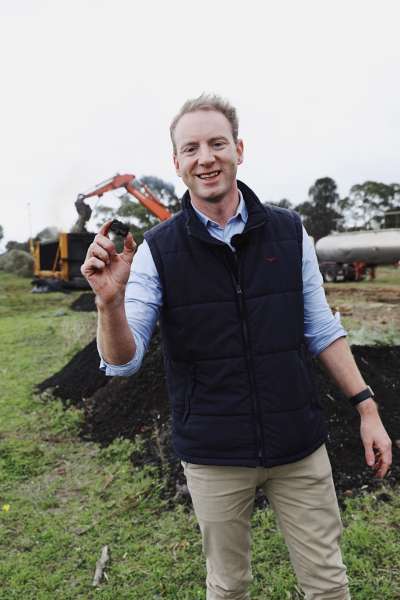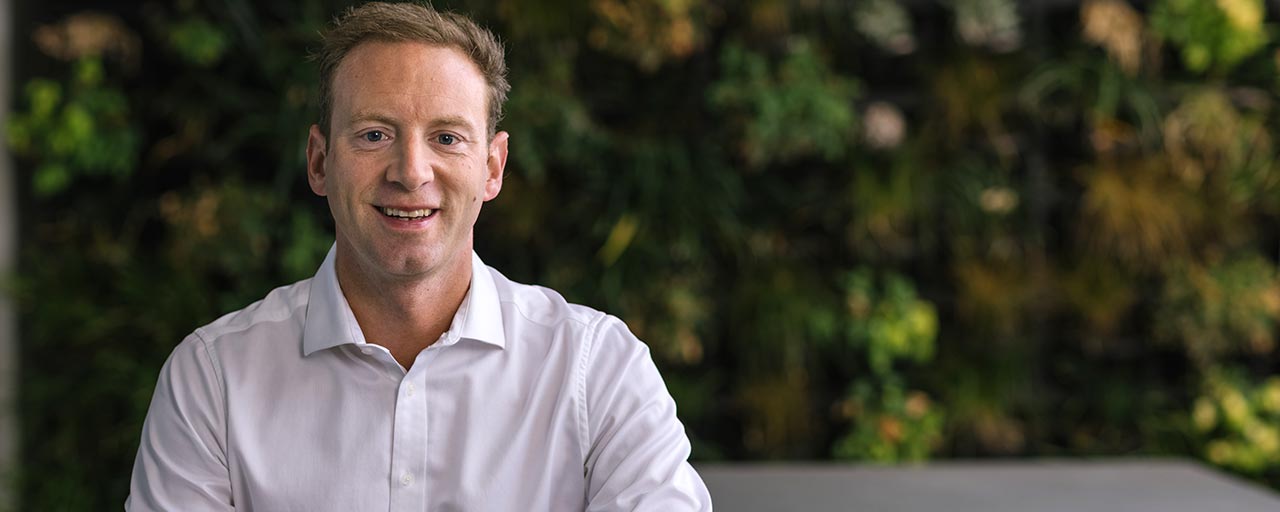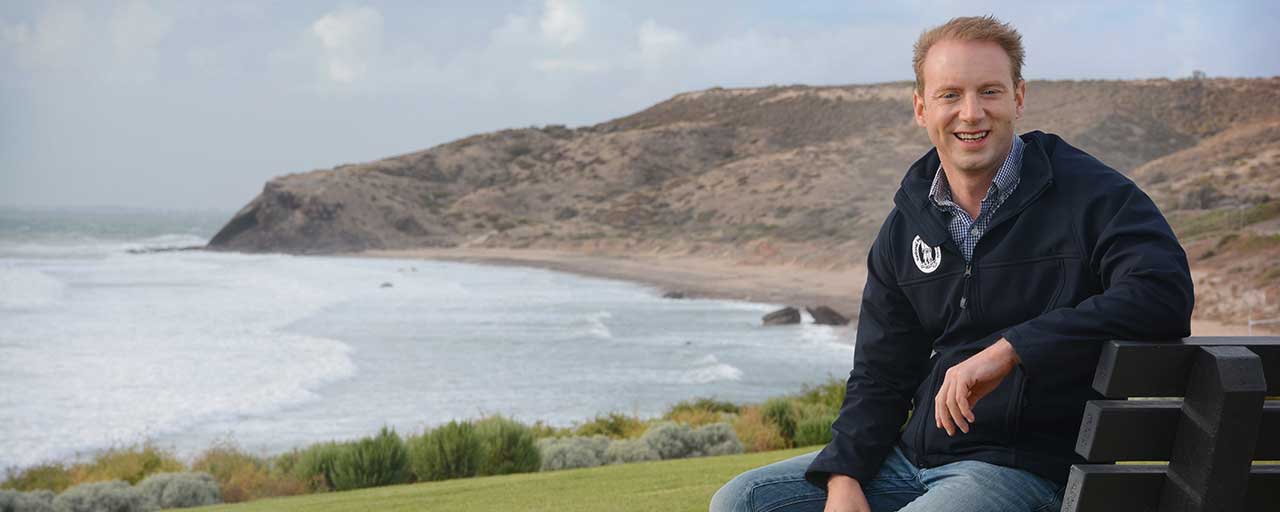Turning olive trees into McLaren Vale wine

MEDIA RELEASE
An innovative new pilot project in Adelaide’s southern suburbs is removing feral olive trees from national parks and turning them into a product which is helping grow grapes at McLaren Vale vineyards.
This is the first time in South Australia that feral olive trees from Onkaparinga River National Park and Glenthorne National Park - Ityamaiitpinna Yarta are being used to create biochar, a product which can help retain nutrients, improve soil structure and increase water-holding capacity of soils.
Biochar production is an environmentally friendly carbon recycling process which in this project is taking the olive trees, putting them in a portable piece of machinery called a Tigercat and burning the trees at temperatures of 500 degrees Celsius to create biochar.
The Biochar produced as part of the project processed and sold by the project’s commercial partners including to local McLaren Vale vineyards. It’s expected that any funds raised will be able to go back into the project to fund further olive control and revegetation works.
Minister for Environment and Water David Speirs said this is a first for national parks in South Australia to be converting feral olive trees into biochar.
“Our national parks conserve vitally important ecosystems, habitats, plants and animals, unique land formations, and culturally significant places,” Minister Speirs said.
“They are essential spaces to enjoy nature in all its forms, and provide South Australians with a wide range of environmental, social and economic benefits.
“This truly exciting project is removing feral olive trees from the Onkaparinga River and Glenthorne national parks in out southern suburbs and turning them into biochar which is then used to help boost our agriculture sector.
“By removing an invasive pest plant species and turning it into a valuable commodity we are not only better protecting our beautiful flora and fauna but we supporting local industry in a win-win for the environment and our economy.
“I’d like to thank all of our project partners for their support and help in rolling this project out. This is all part of the Marshall Liberal Government’s record investment in South Australia’s national parks.”
Green Adelaide Presiding Member Professor Chris Daniels says this project is a great example of the work underway to help coordinate the management of invasive pests to support an Adelaide that is rich with healthy biodiversity.
“Feral olive trees are well adapted to Adelaide’ climate and a major pest plant,” he said.
“This innovative project turns these pests into a useful organic matter to create healthier soil.
As part of the project feral olive trees will be removed from four sites, including Onkaparinga River National Park, Glenthorne National Park - Ityamaiitpinna Yarta, land alongside the Field River and the privately owned Koomilya vineyard.
So far, olive trees have been removed from 0.4 hectares cleared at Koomilya vineyards, as well as approximately 8ha in Onkaparinga River National Park.
Work removing feral olive trees is expected to conclude in Field River before the end of June. Approximately 0.5ha of olive trees will also be removed from Glenthorne National Park - Ityamaiitpinna Yarta.
Project partners include the Department for Environment and Water’s National Parks and Wildlife Service (NPWS), Biodiversity McLaren Vale, Koomilya Vineyard, Peats Soil, City of Onkaparinga, City of Marion, Bio Gro, Green Adelaide and the Hills and Fleurieu Landscape Board.



